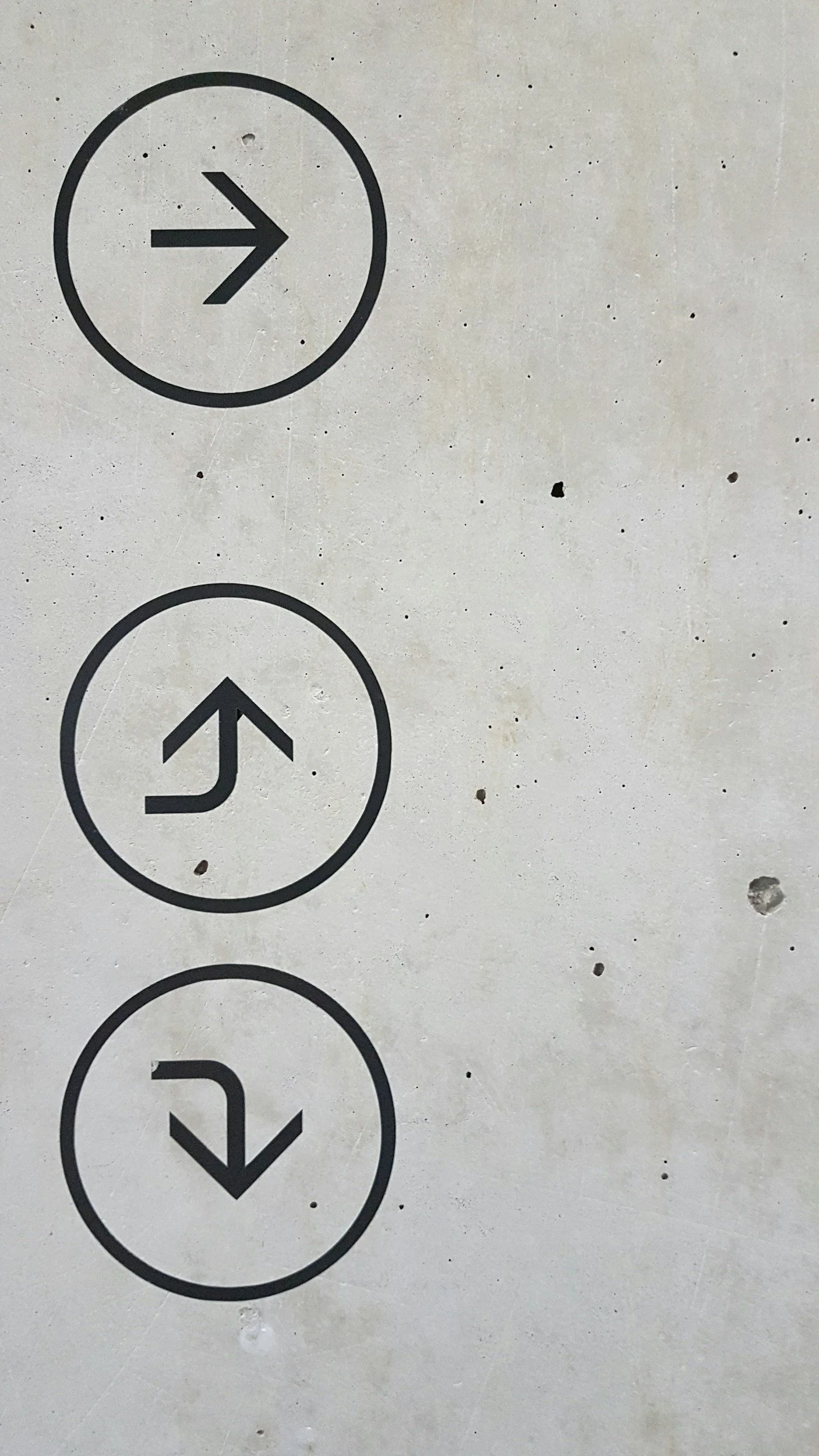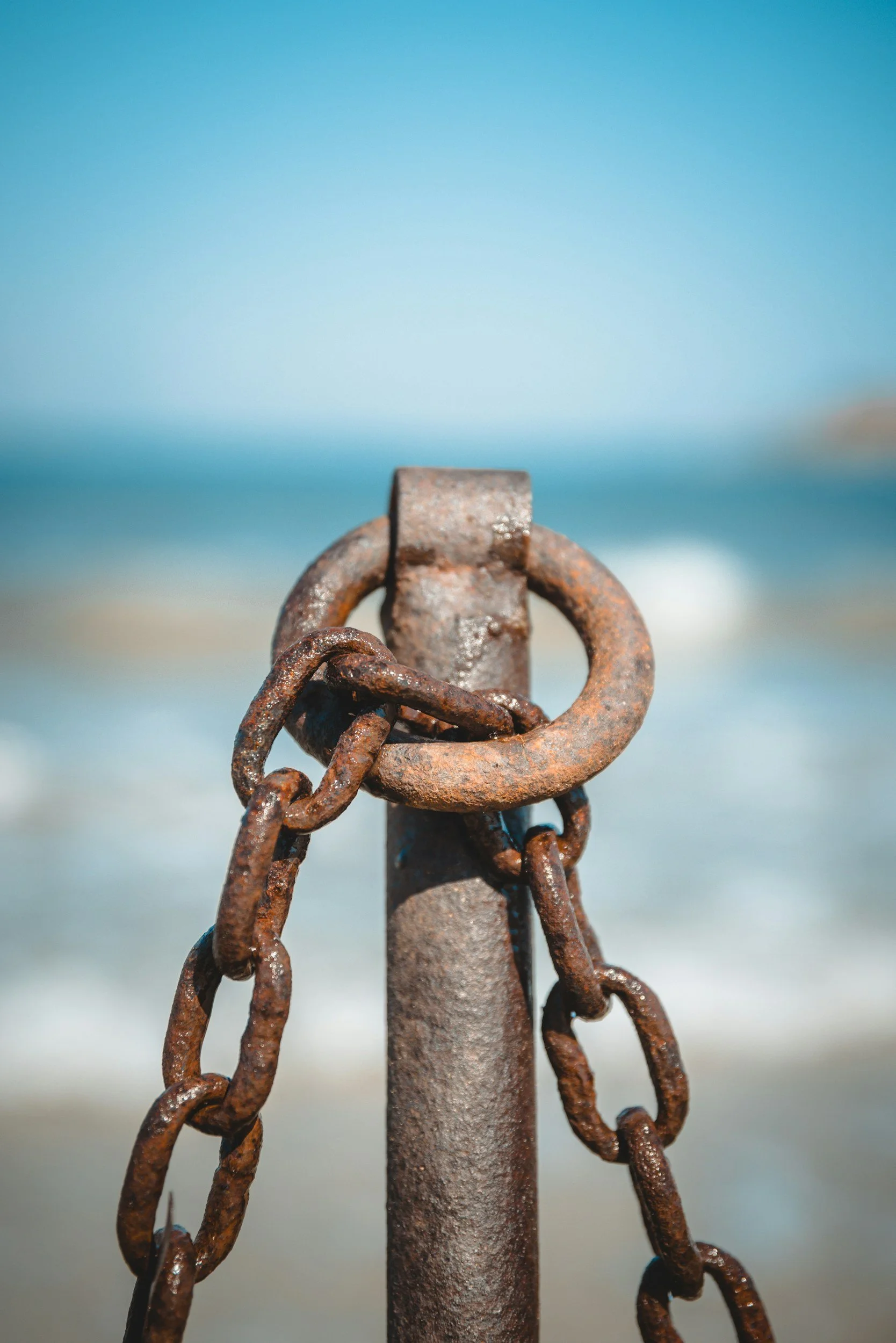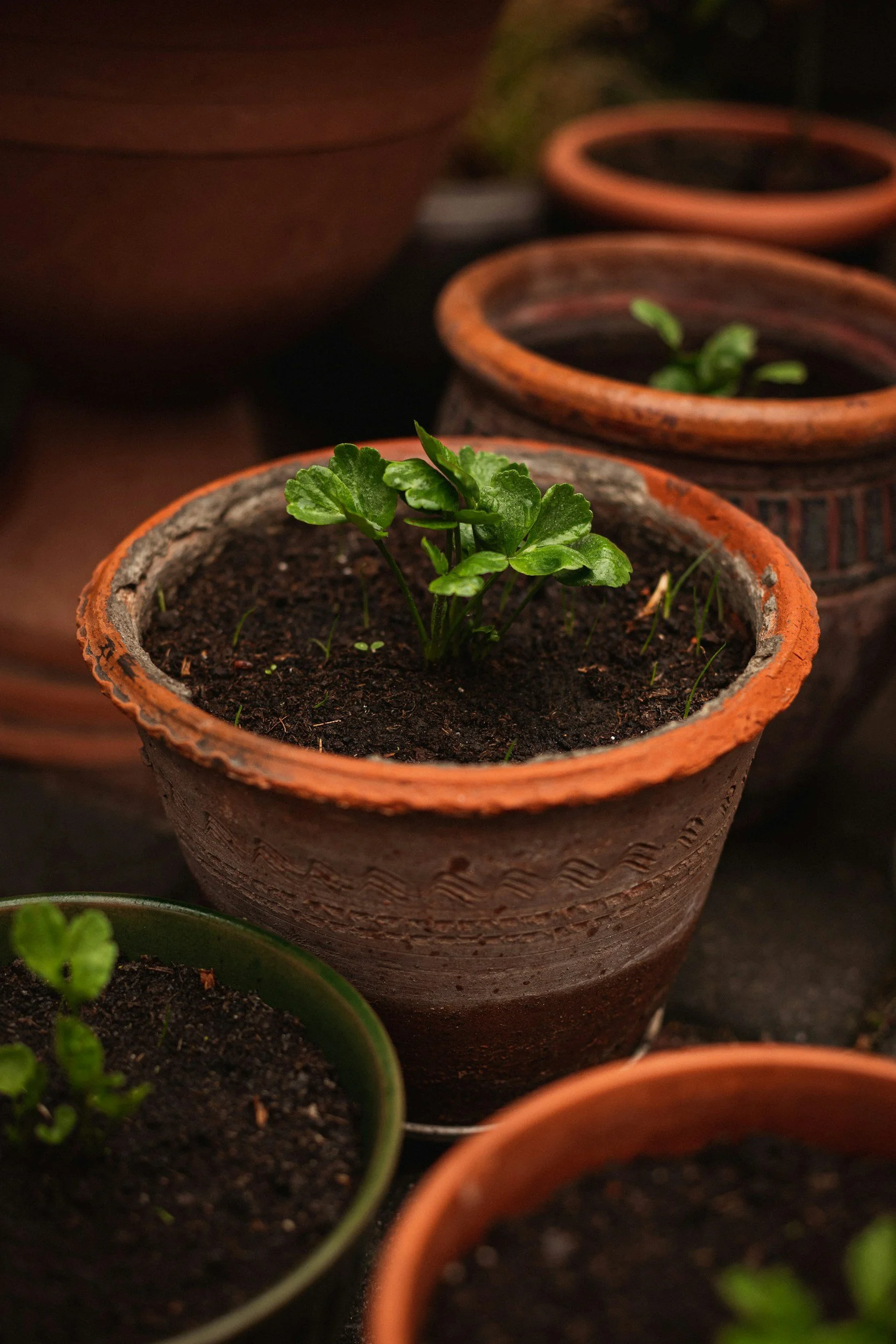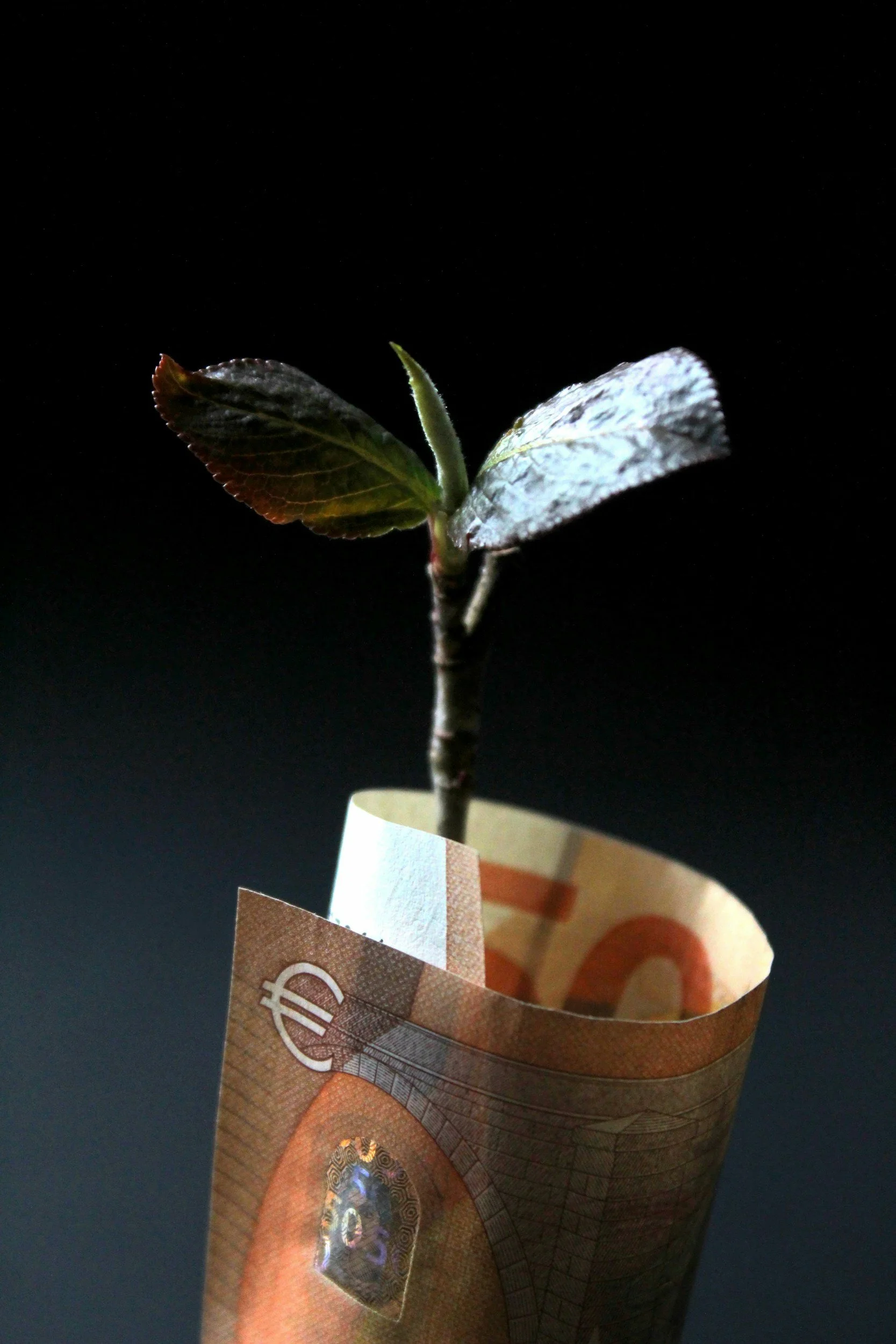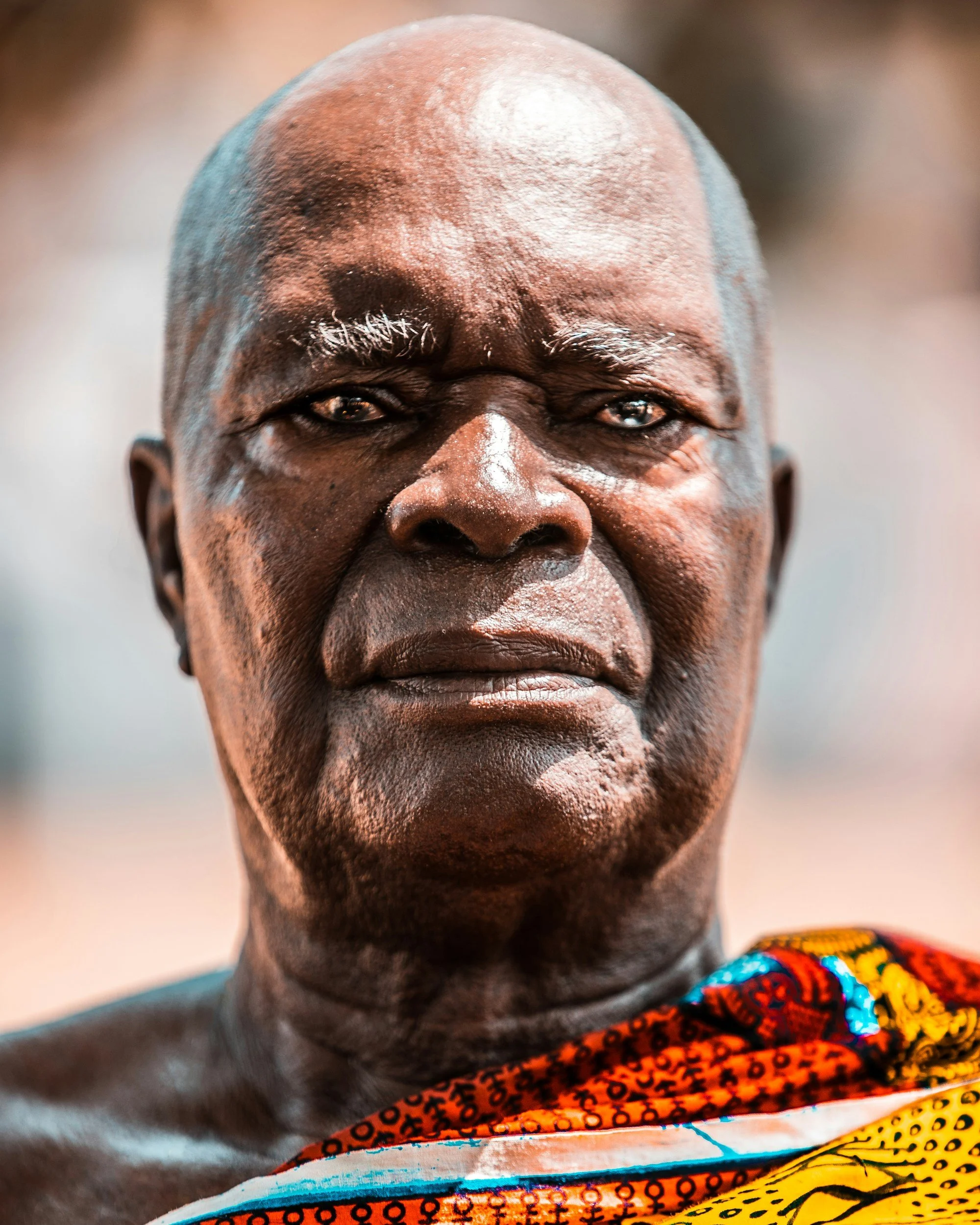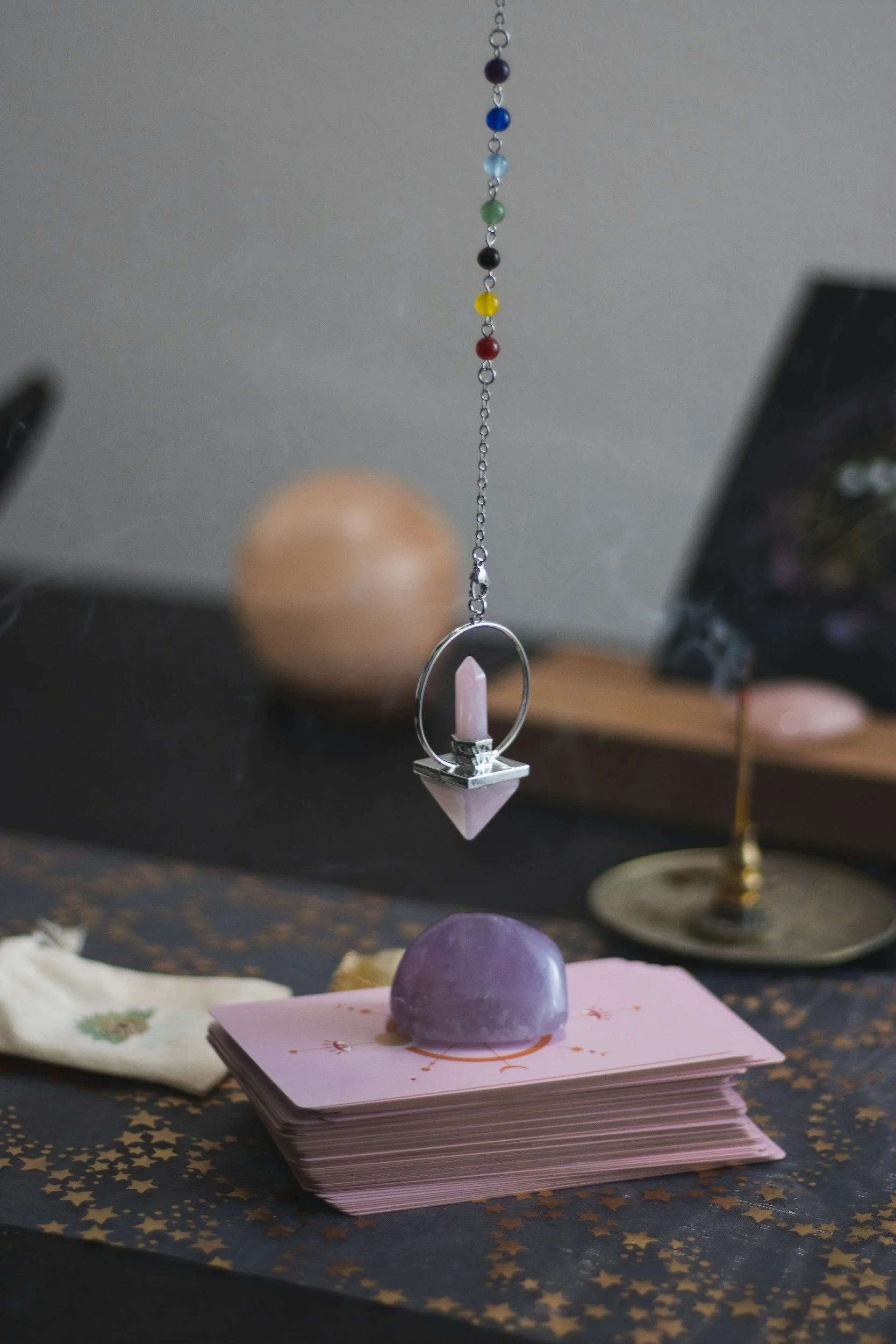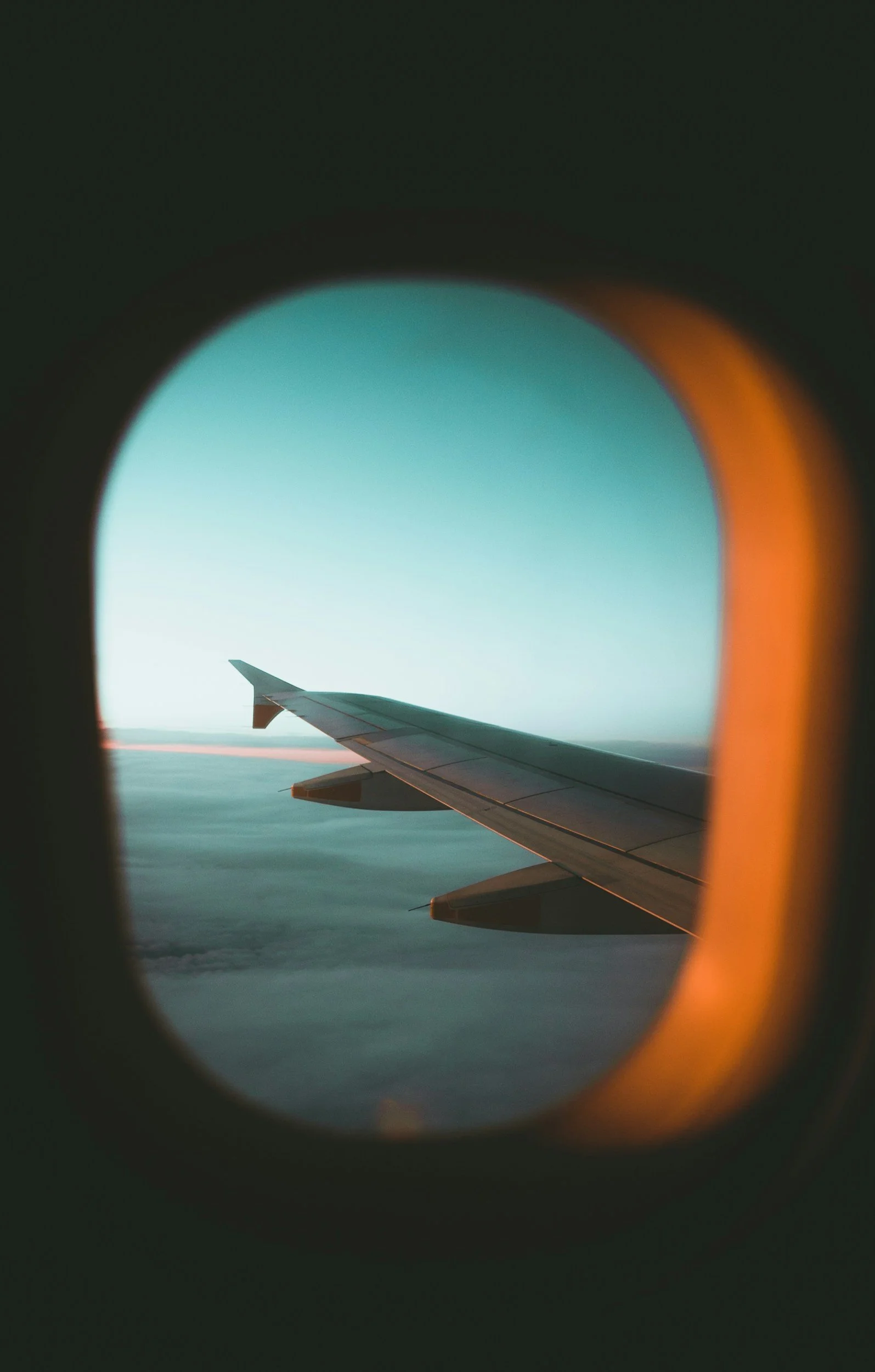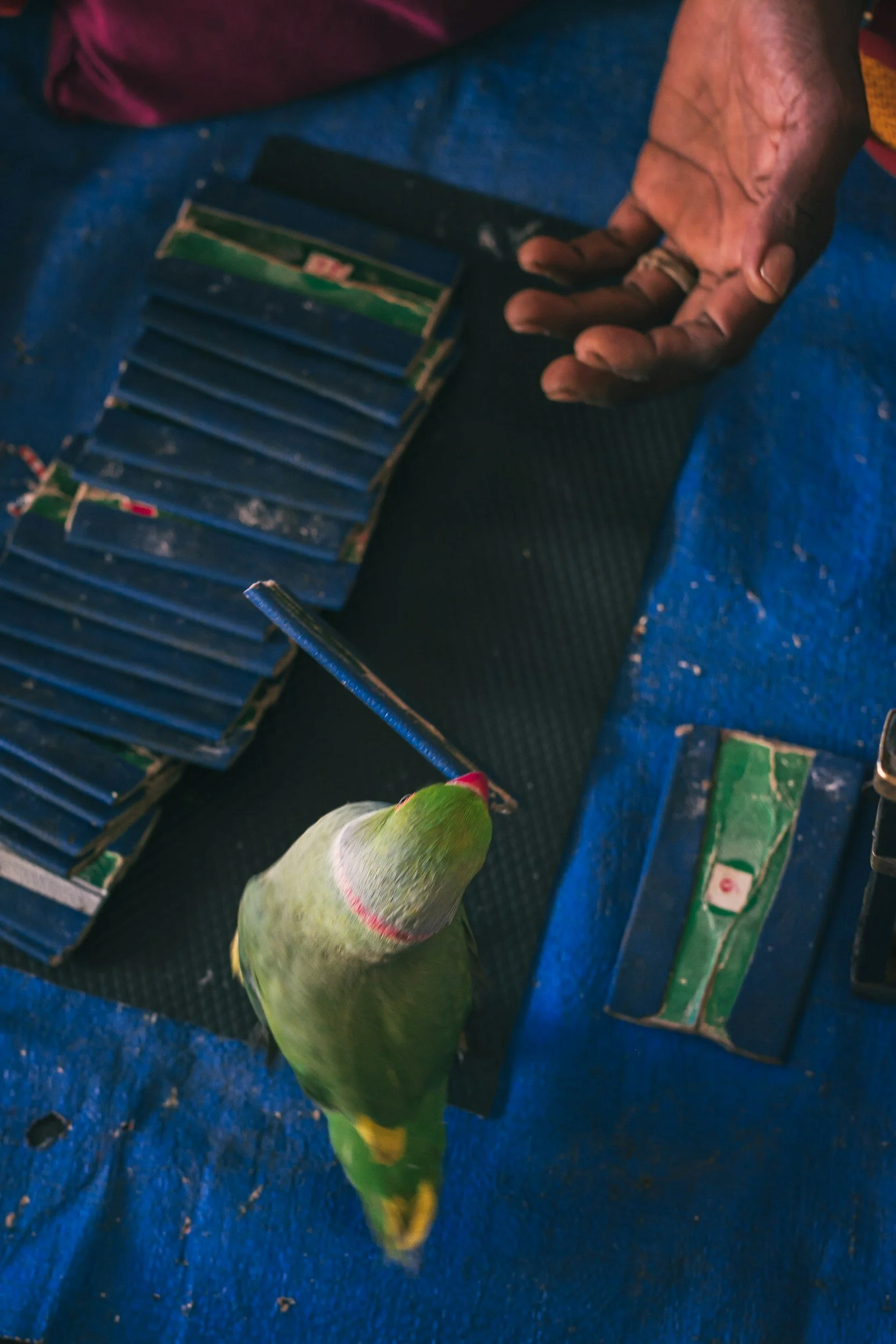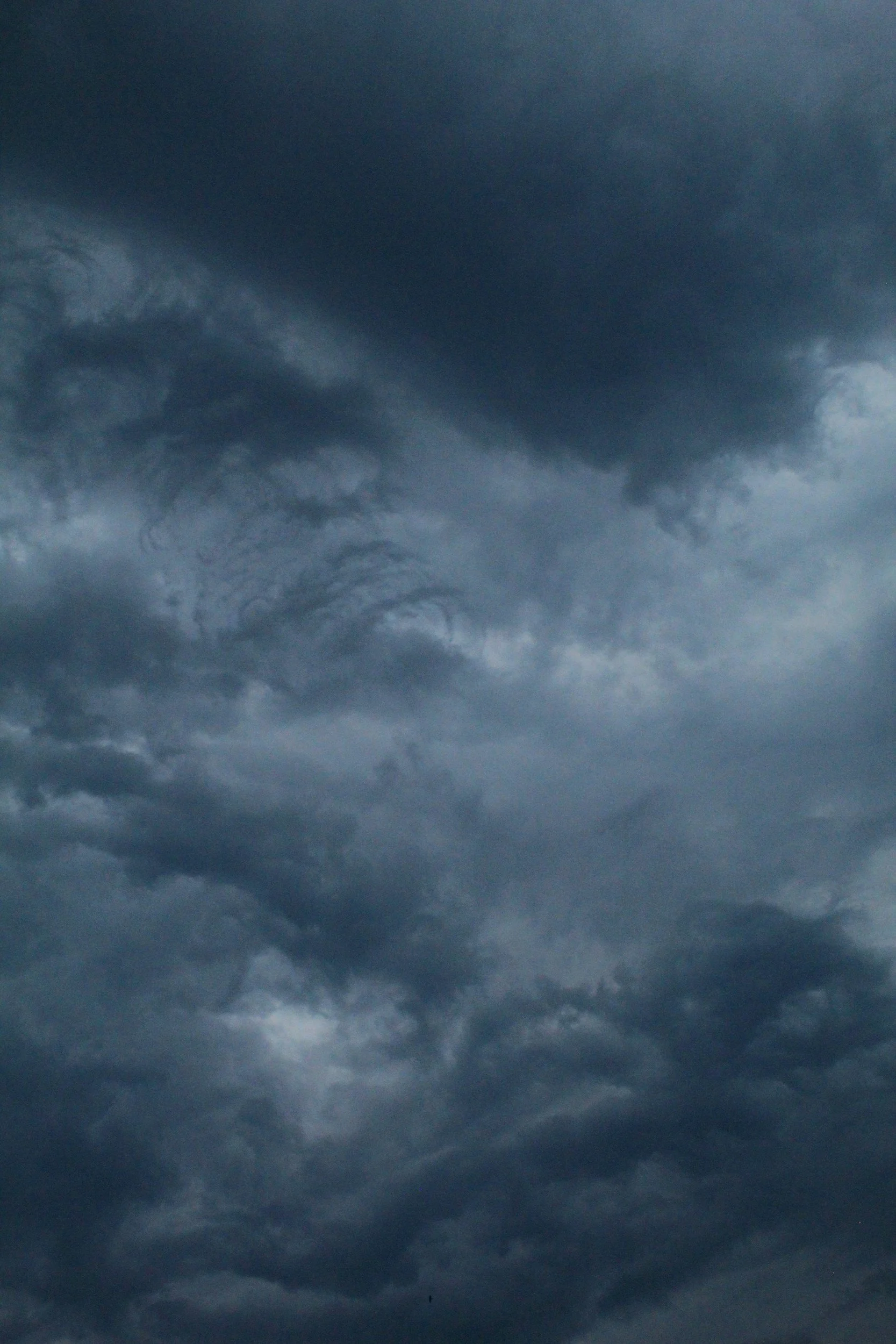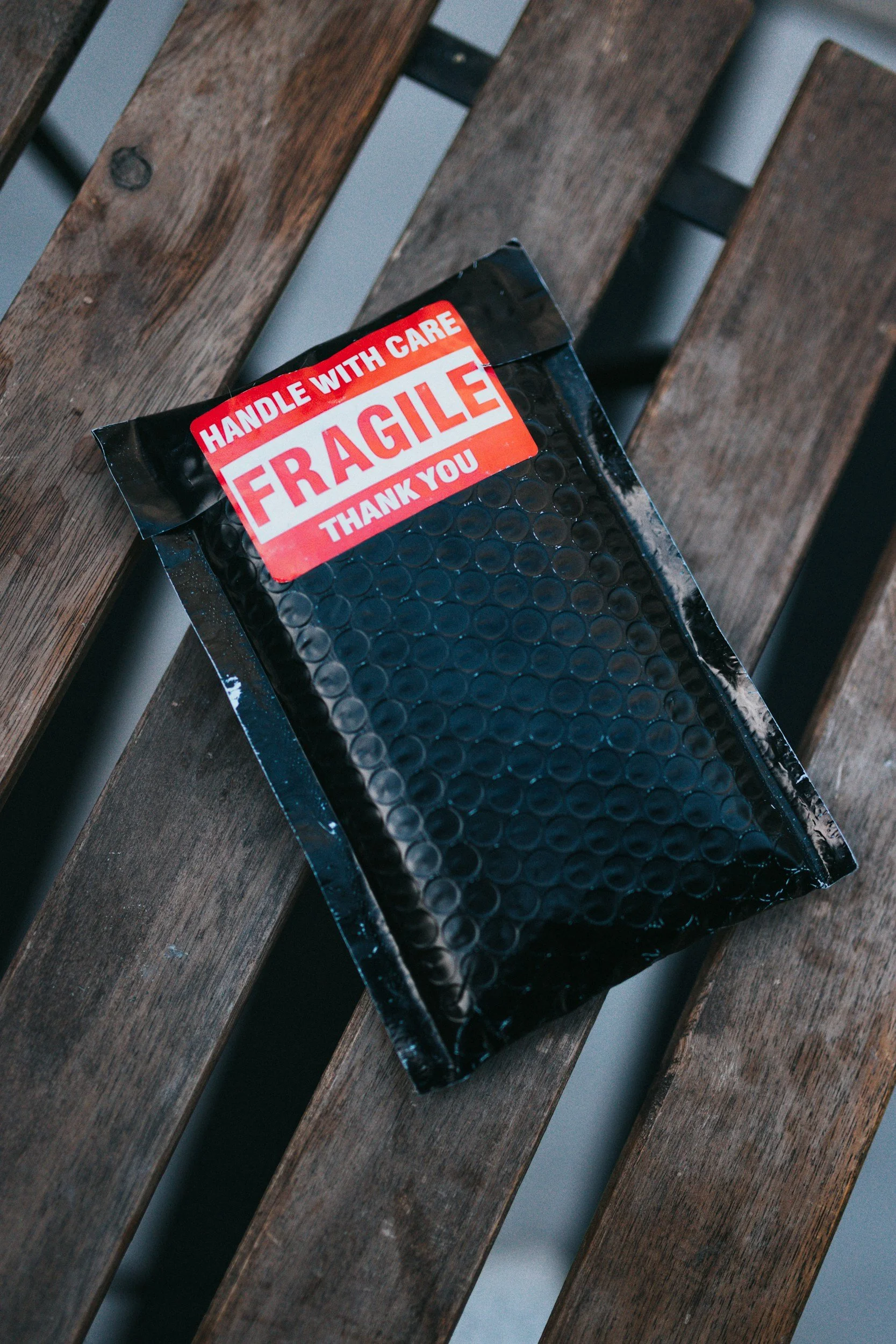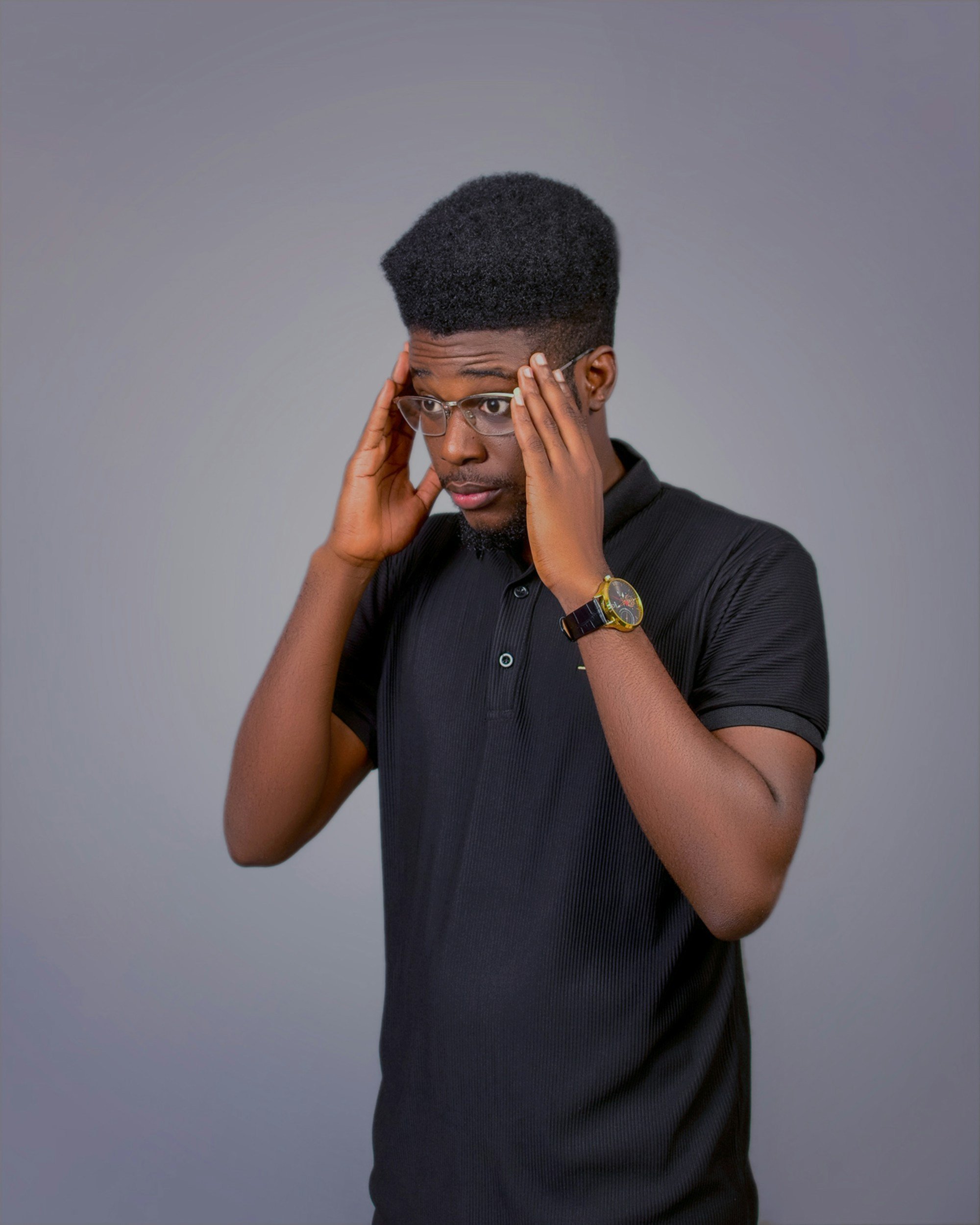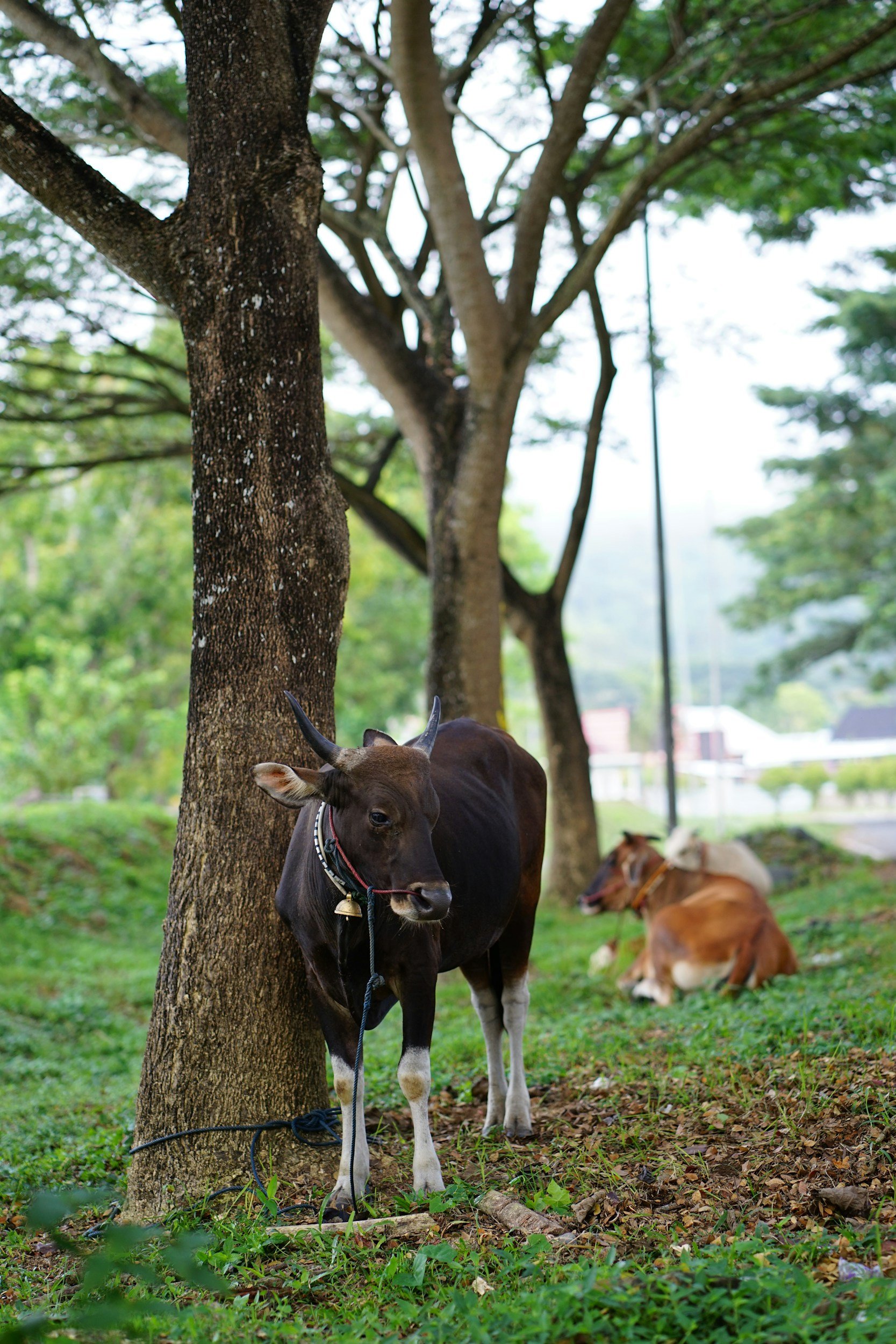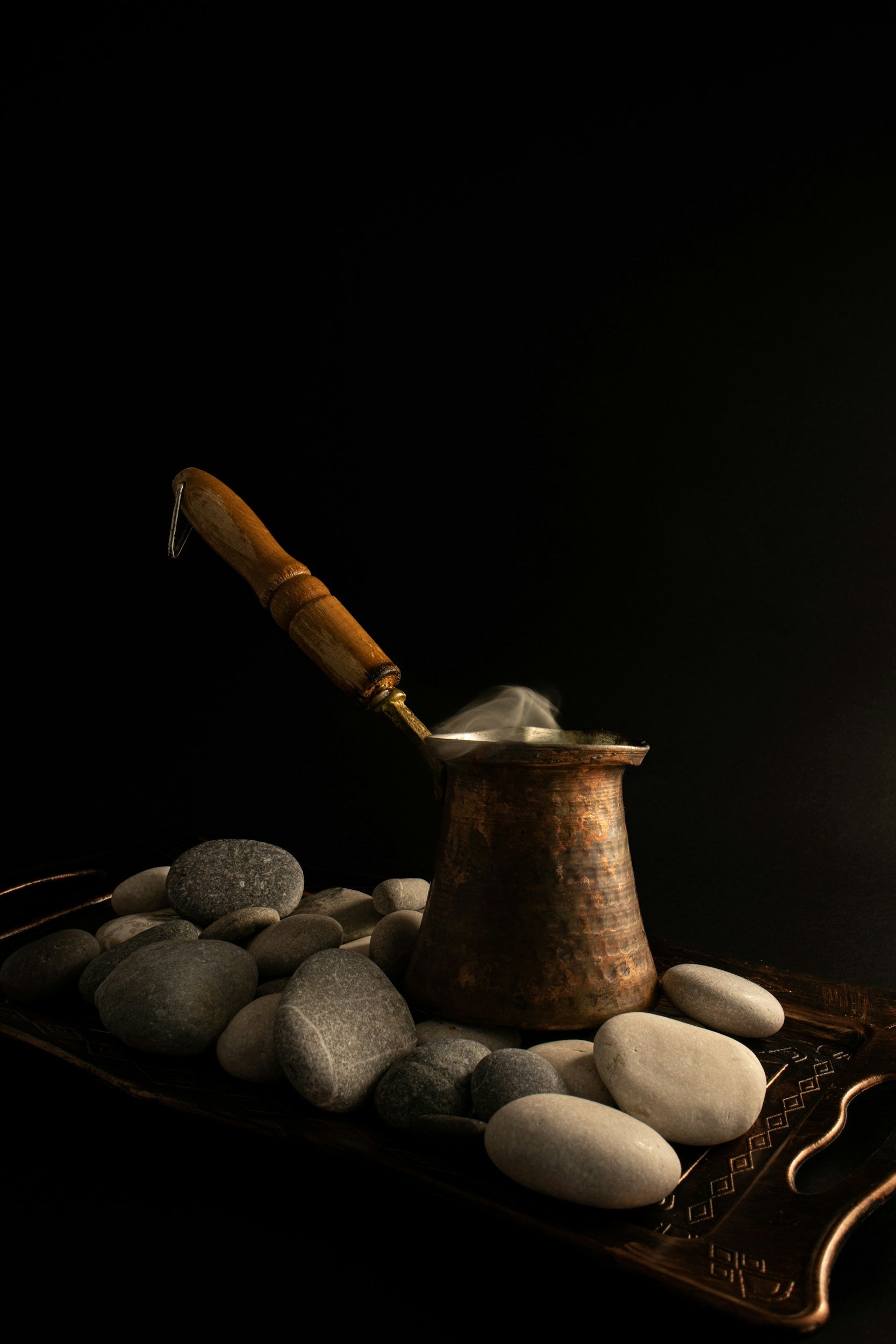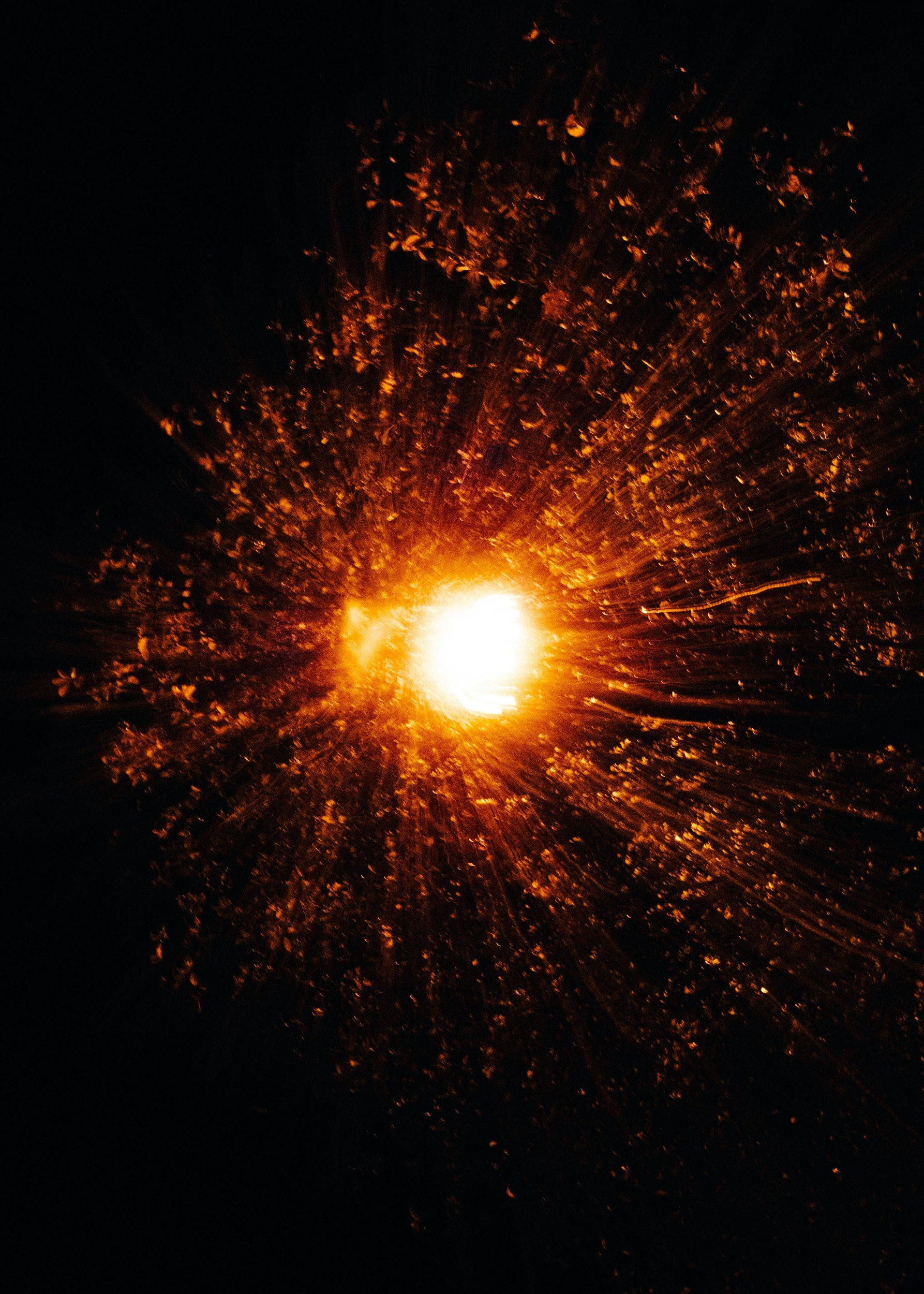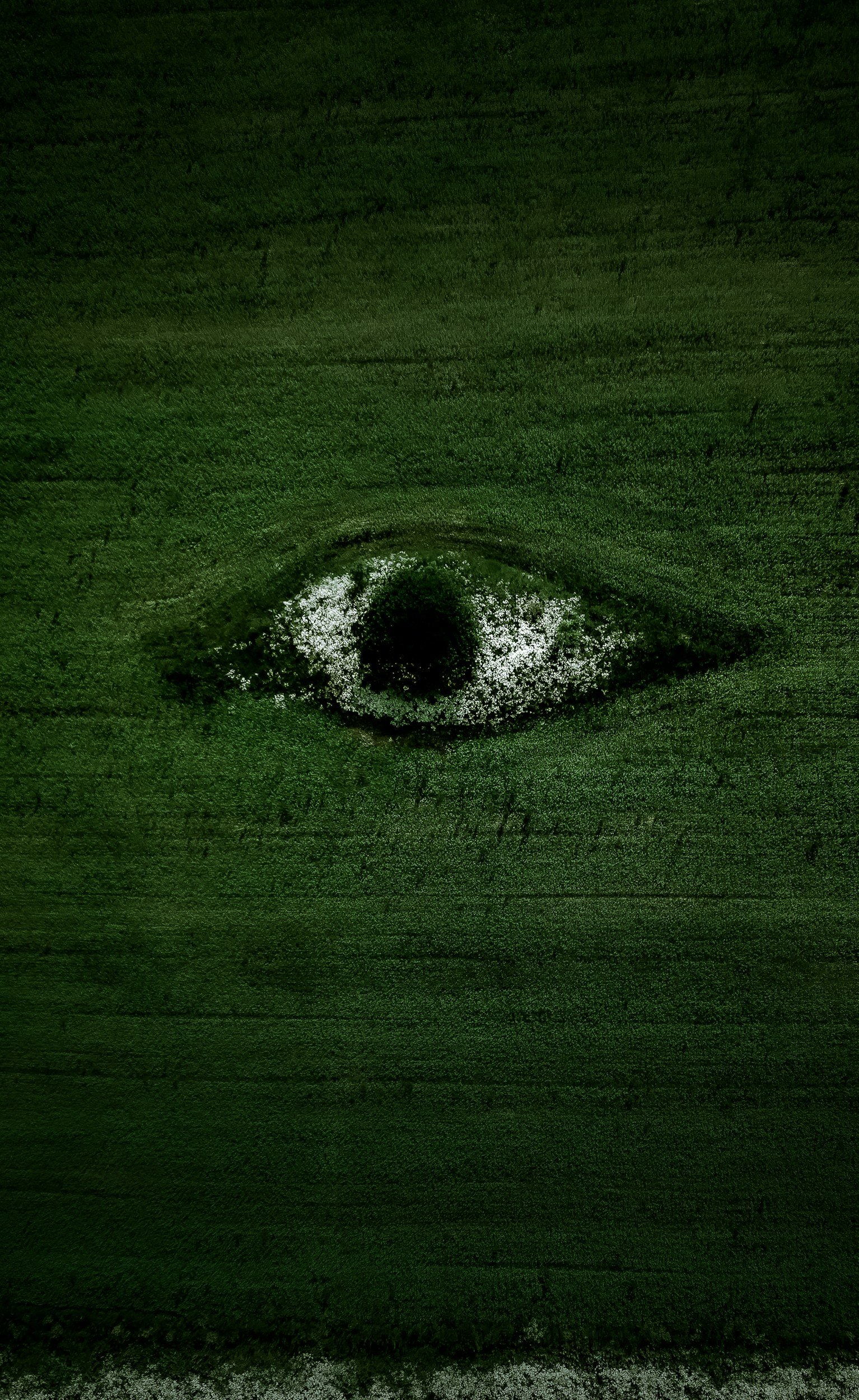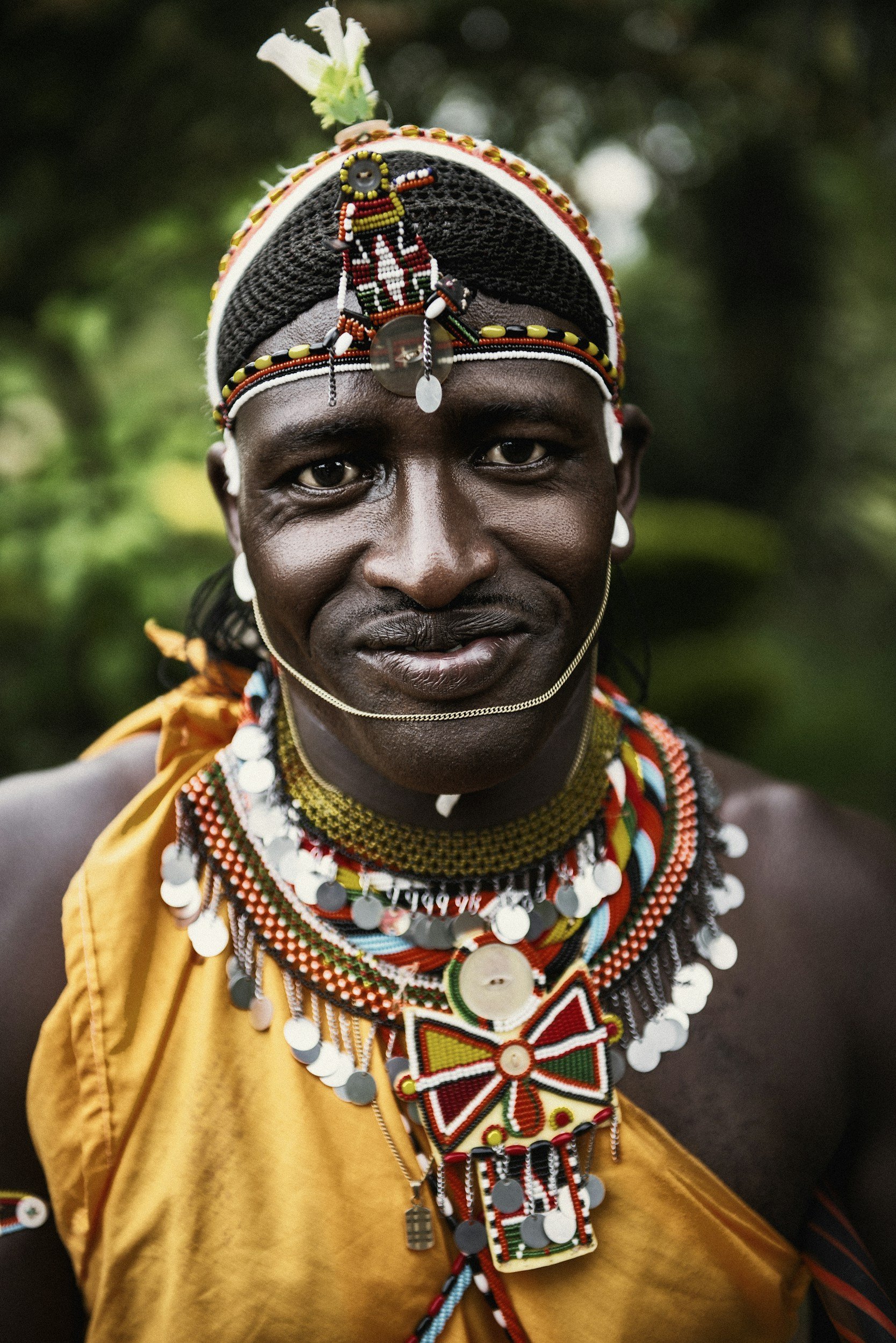The Role of Dibia-Afa (Diviners) in Igbo Culture
In Igbo spiritual practices, the Dibia-Afa stands as a pivotal figure, deeply revered and respected for their unique skills in divination. Regarded as the “diagnosticians of the spiritual realm”, Dibia-Afa possess the extraordinary ability to uncover the hidden causes of problems and to prescribe the appropriate remedies. In this post, we will take a look at the role of the Dibia-Afa, their spiritual practices, and the significance of their work within the Igbo community.
Who is a Dibia-Afa?
A Dibia-Afa can be loosely defined as a diviner, a specialist endowed with the supernatural ability to diagnose spiritual, physical, and emotional ailments. They play a very important role in Igbo society by acting as intermediaries between the physical and spiritual worlds. These diviners are priests of (Nne)Agwu, the Igbo deity or spirit of divination, and are known for their exceptional skills in extra-sensory perception.
The Art of Divination
The art of divination practiced by the Dibia-Afa is both mystical and, i dare say, scientific (within indigenous framework of science), as it involves the use of various instruments believed to hold mystical power and precision. These instruments are used in conjunction with incantations and chants to communicate with (Nne)Agwu spirits through Oracular language of Afa. This language serves as a bridge between the diviner, the client, and the spiritual entities being consulted.
During a divination session, the client is required to make their complaints audible to the Afa instrument. As the diviner chants incantations, they interpret the signs and messages revealed by the Afa, which are then communicated back to the client. The findings, which may include the causes of illness, lost objects, or required sacrifices, are revealed during and at the end of the consultation.
The Spiritual Authority of the Dibia-Afa
The Dibia-Afa's power, while in a sense it comes from their use of mastered instruments, is also from a deeply rooted spiritual authority granted by Nne Agwu, the mother spirit of divination. This spiritual gift allows them to dig into the unknown, discover hidden truths, and provide insights that are beyond the reach of ordinary human senses.
The diviner’s role is not only to discover these truths but also to interpret and contextualize them in a way that is meaningful and beneficial to the client. This requires a deep understanding of both the spiritual and physical realms, as well as a mastery of the tools and languages associated with Afa divination.
Tools of the Dibia-Afa
While the specific tools used by a Dibia-Afa can vary depending on their training and the type of divination being practiced, they generally include items like:
Oji (Kola Nut): Used in offerings and to open communication with the spirits, as well as sometimes divine.
Ofo Stick: A symbol of authority and power.
Cowries (and Coins): Used sometimes in casting and reading during divination.
Afa Beads or Strings: Used in divining and connecting with the spiritual world.
Tortoise or Turtle Shell: Used in storing some of the Afa instruments.
These tools serve spiritual conduits that facilitate communication with the divine. The effectiveness of a diviner is usually measured by their skill in using their divination tools (including their intuition) to access hidden knowledge or information.
Consultation Process and Fees
The consultation process with a Dibia-Afa is both sacred and methodical. Clients approach the diviner with various concerns, ranging from health issues to disputes and spiritual matters. The diviner, through their spiritual practices, reveals the root causes of these problems and advises on the appropriate remedies.
Consultation fees are usually modest and symbolic, usually including a reasonable amount of money, and sometimes other customary items that demonstrate honor. This modest fee underscores the diviner's commitment to serving the community rather than seeking personal gain.
The Dibia-Afa in the 21st Century
As we move into the 21st century, the role of the Dibia-Afa remains as crucial as ever, though the methods and contexts of their practice may evolve. In modern times, diviners may incorporate contemporary tools alongside traditional ones, and they may also offer their services in more diverse settings, including urban areas and online platforms.
However, the purpose of their work remains unchanged: to reveal the hidden, provide guidance, and maintain the spiritual and physical well-being of the community. The Dibia-Afa continues to serve as a bridge between the known and the unknown, they are there to offer insights that are as relevant today as they were in ancient times.
Final Thoughts
The Dibia-Afa is a cornerstone of Igbo spiritual practice, as they offer a unique blend of mysticism, application of indigenous scientific inquiry, and practical wisdom. Their work is deeply rooted in tradition, yet it continues to adapt to the needs of the modern world. As we look to the future, the importance of these spiritual diagnosticians will only grow, as they help us navigate the complexities of life with the guidance of ancient wisdom and divine insight.
Recommended Resources:
Dibia - Holistic and Spiritual Practice | Diviners and divination, Dibia afa, and Igba aja | Patrick Iroegbu | chiism (Article)
History of Afa,Types of Afa, Importance of Afa Divination | Dibia Udenri: Toby Osigwe (YouTube)
Divination (Ịgba Afa) in Igbo Land Explained | Voice of the East (YouTube)
The Old Woman of Immense Wisdom: On the Mystical Science Behind the Afa Akpụkpala Oracular System | Odinani: The Sacred Arts & Sciences of the Igbo People (Article)
